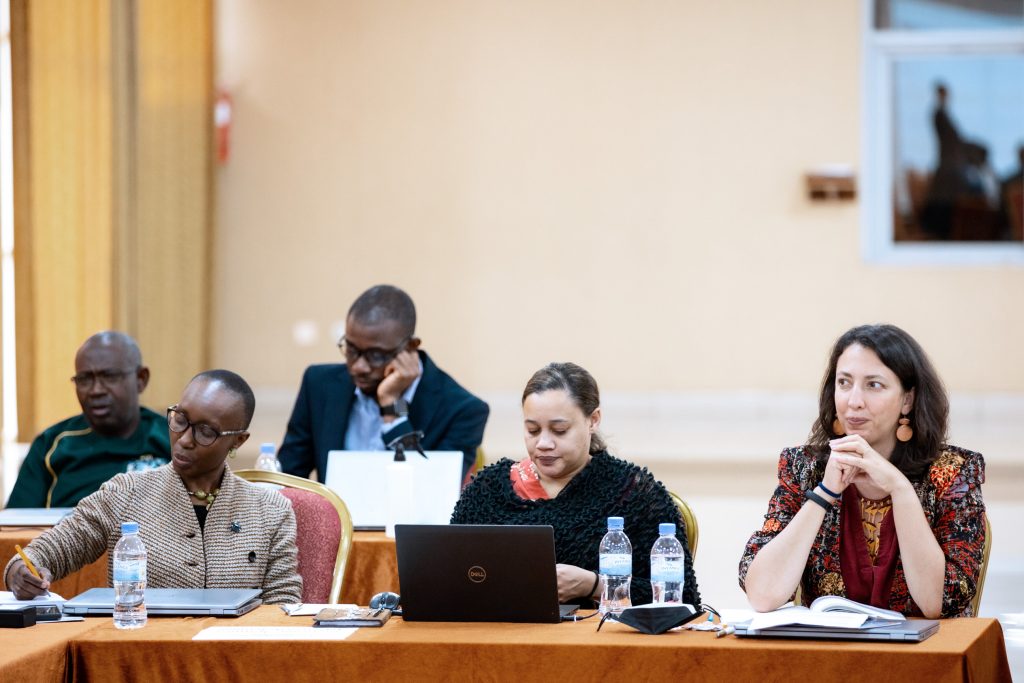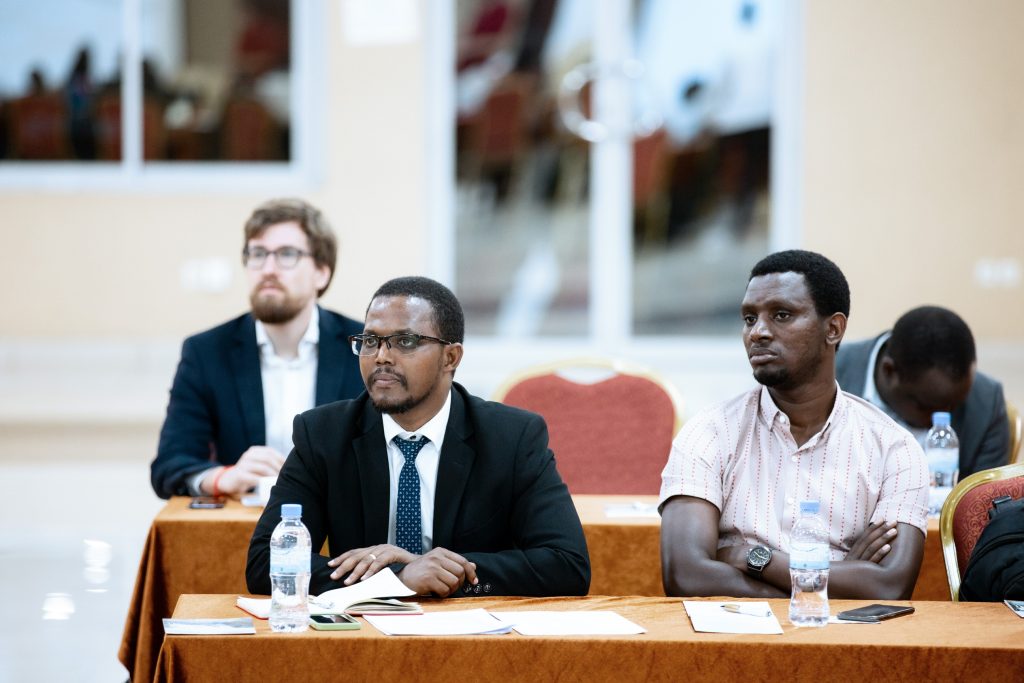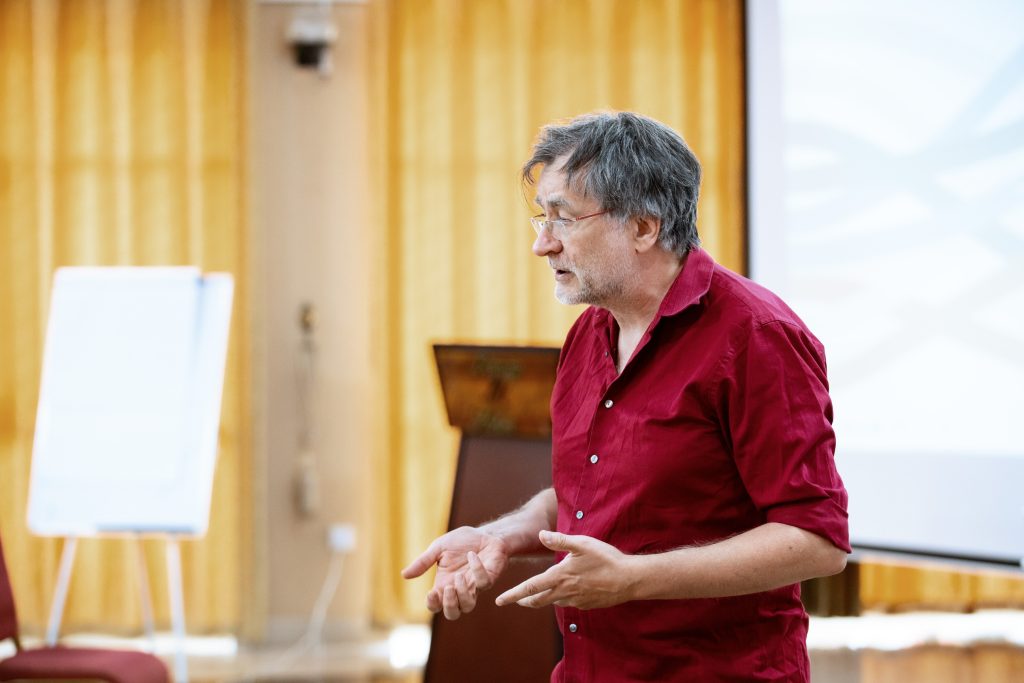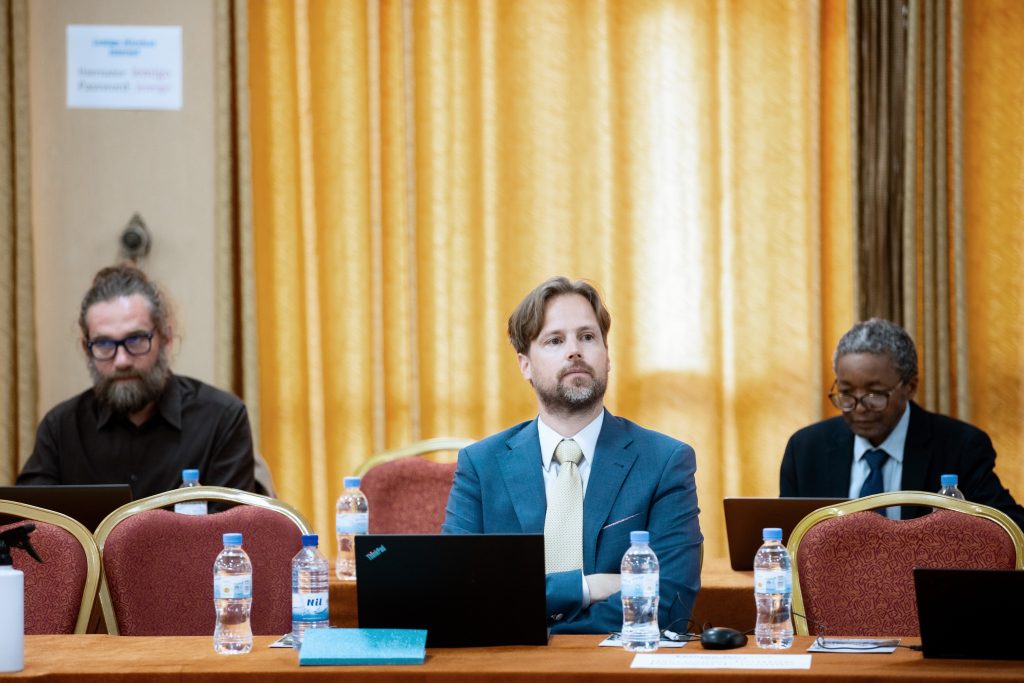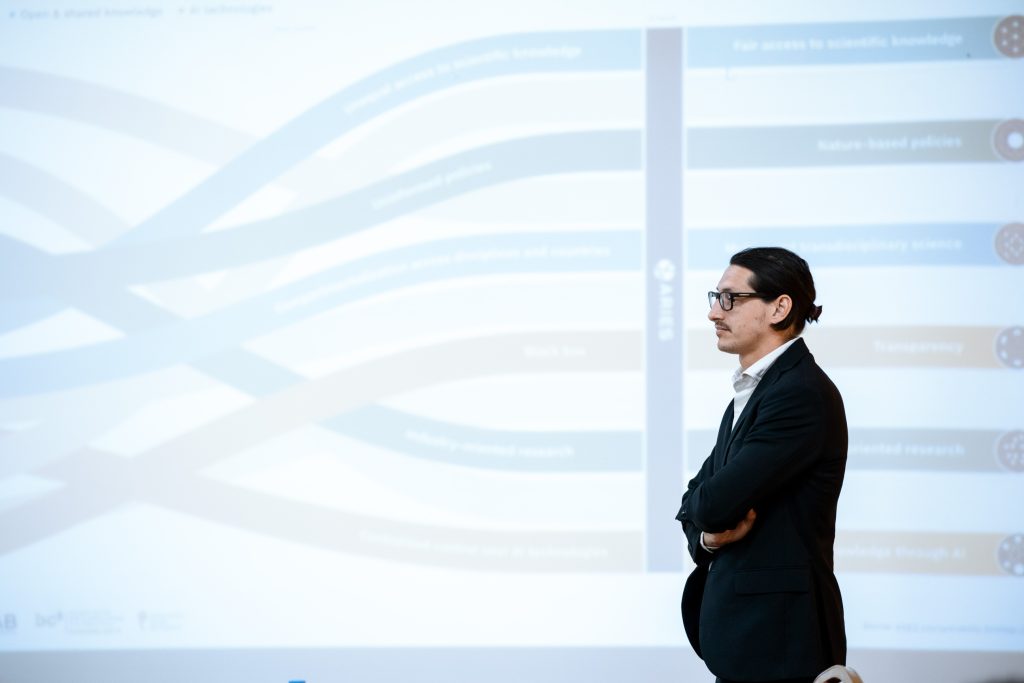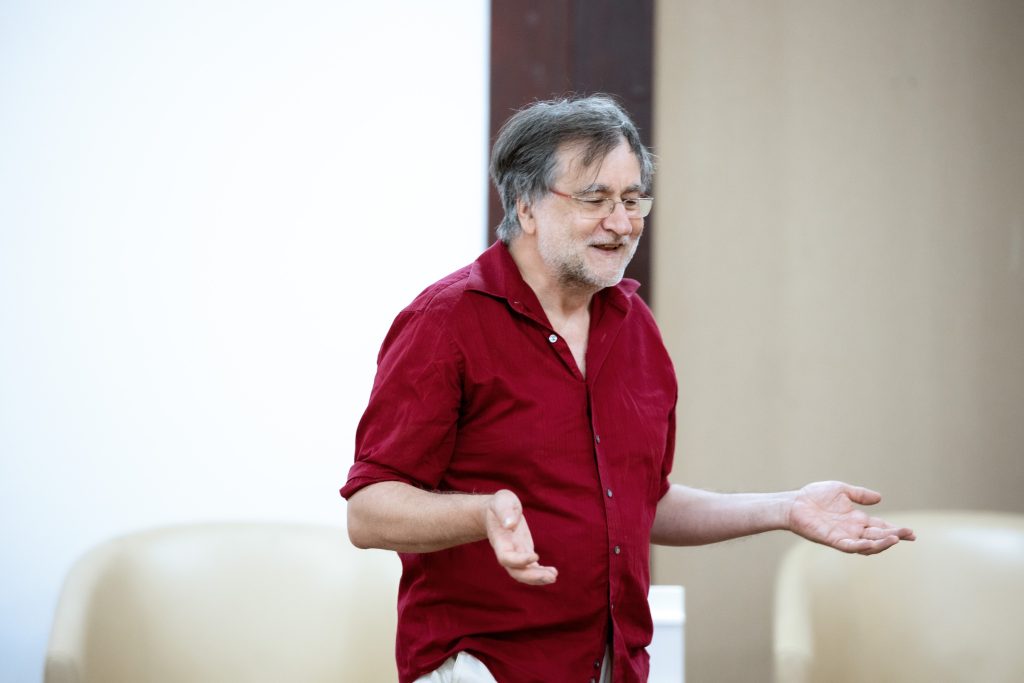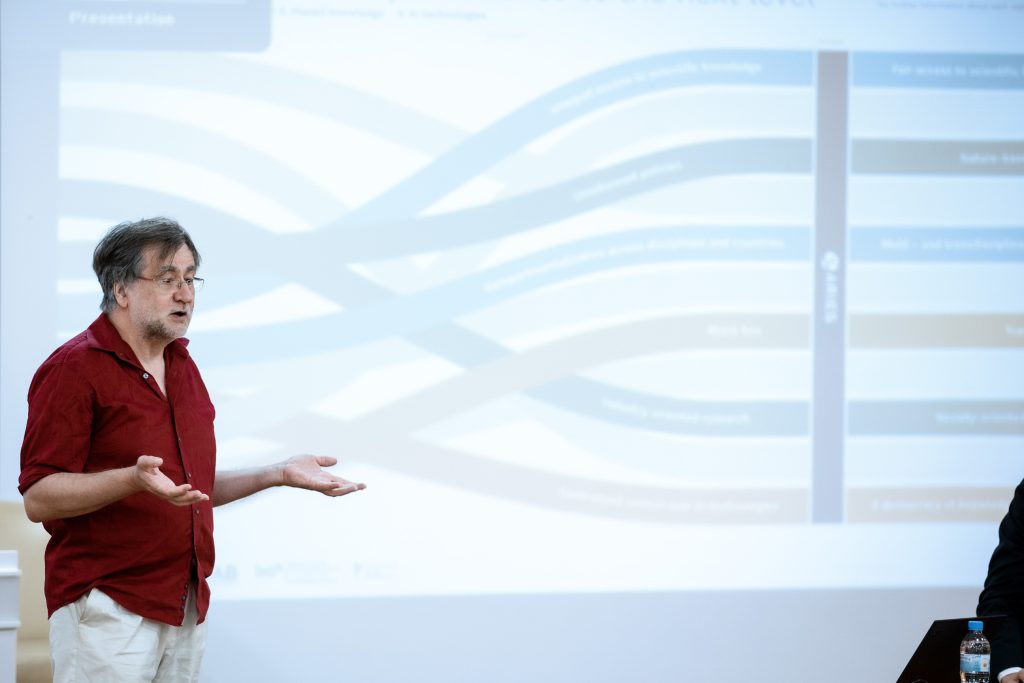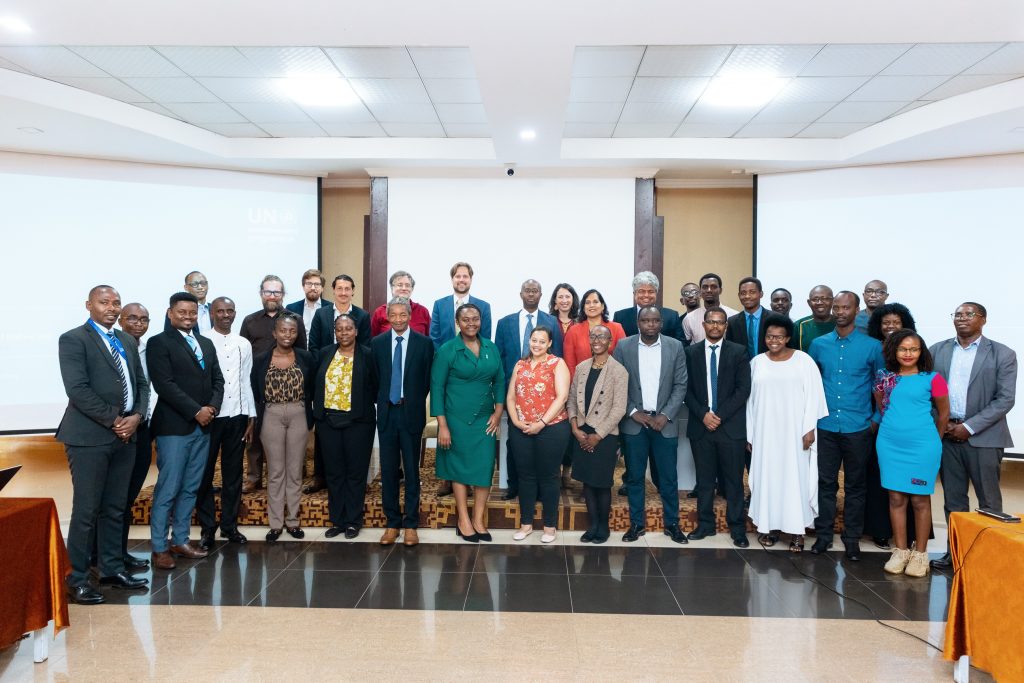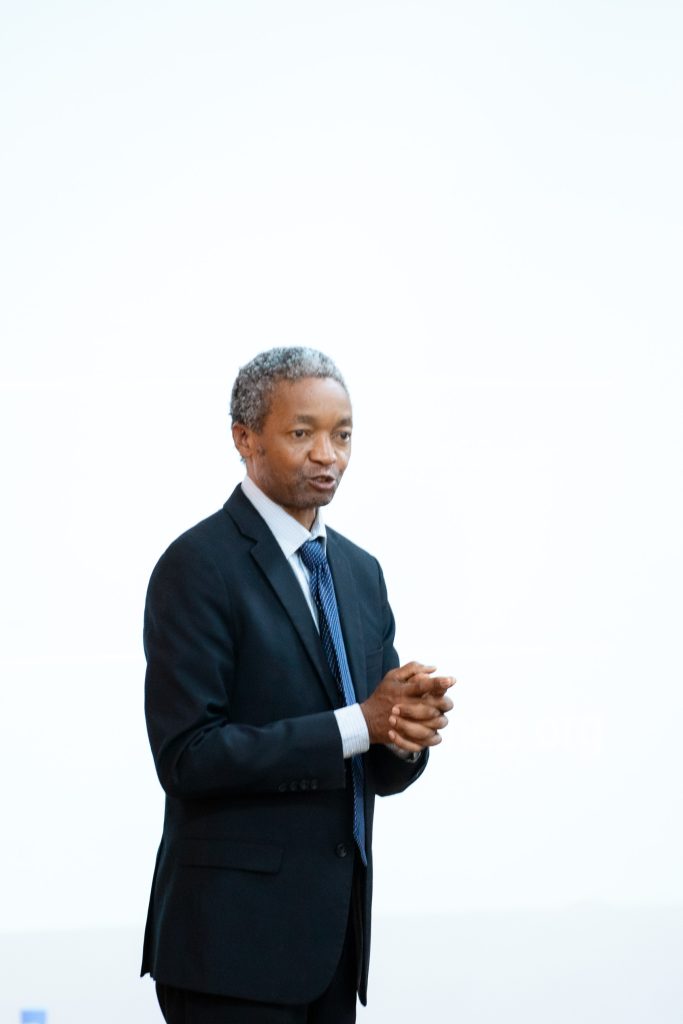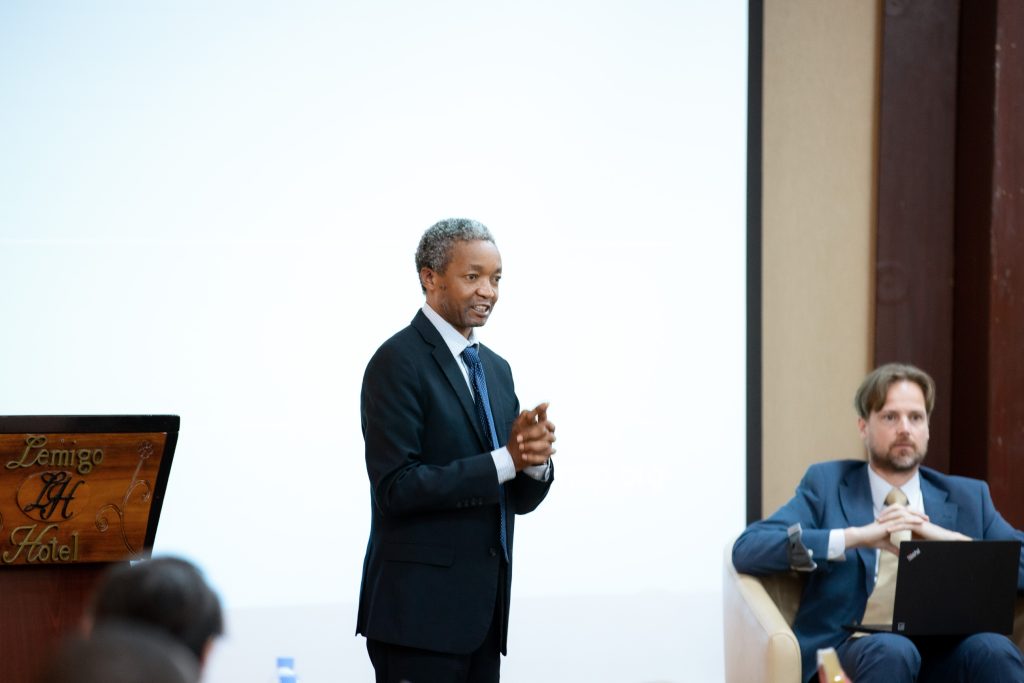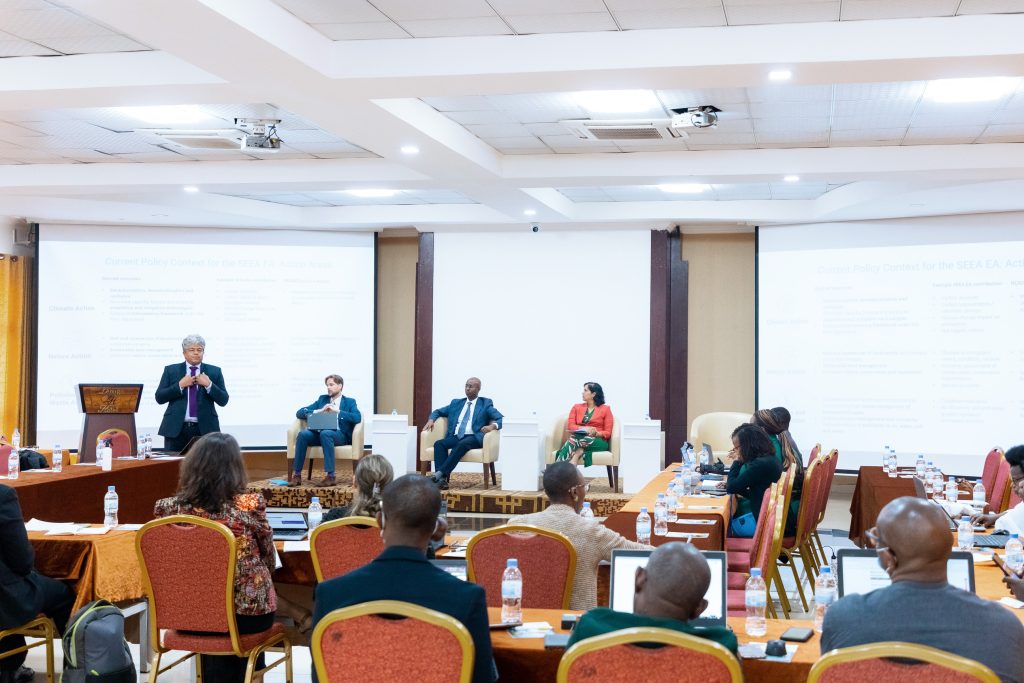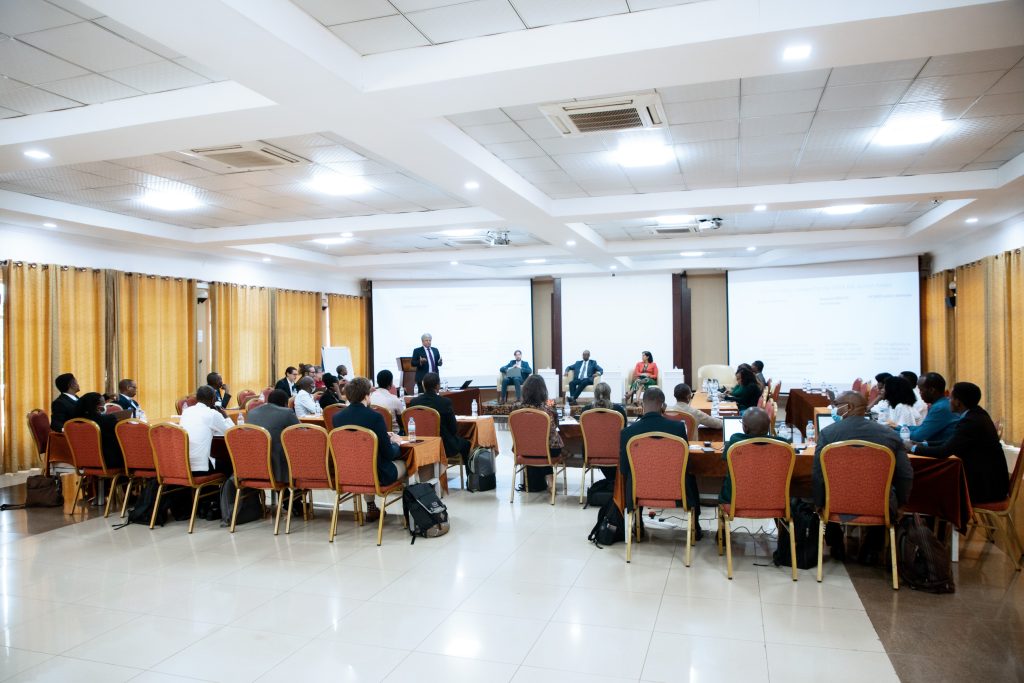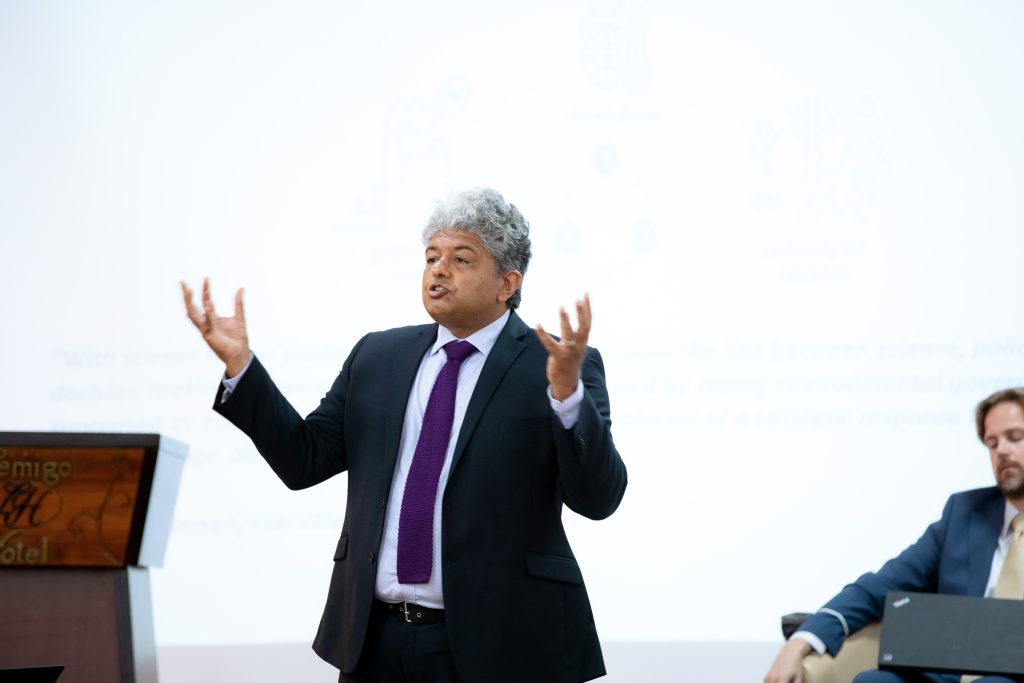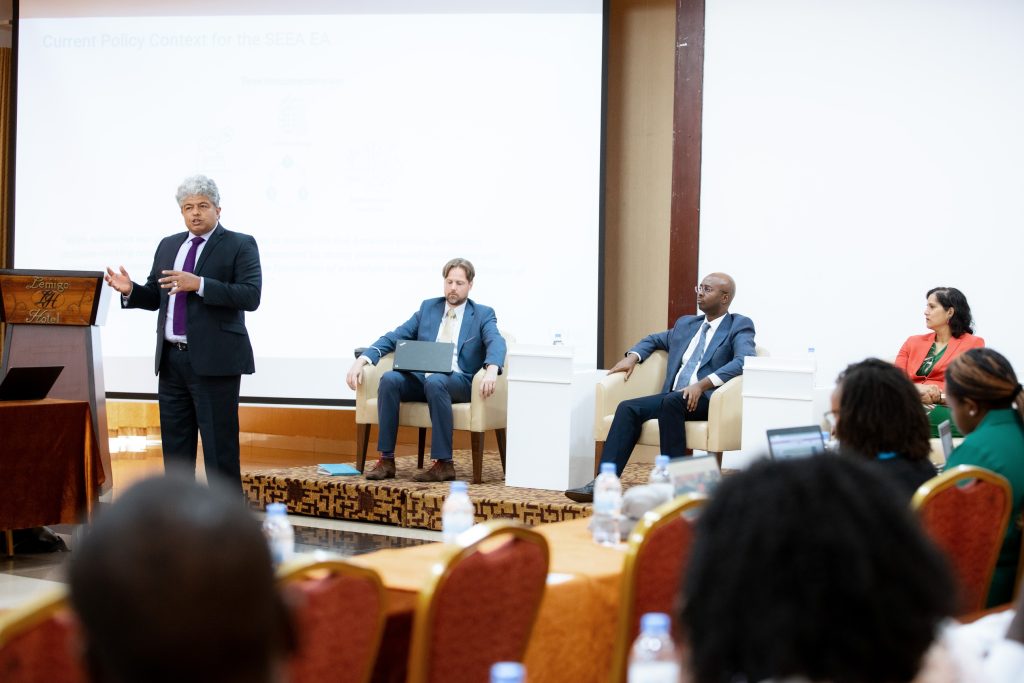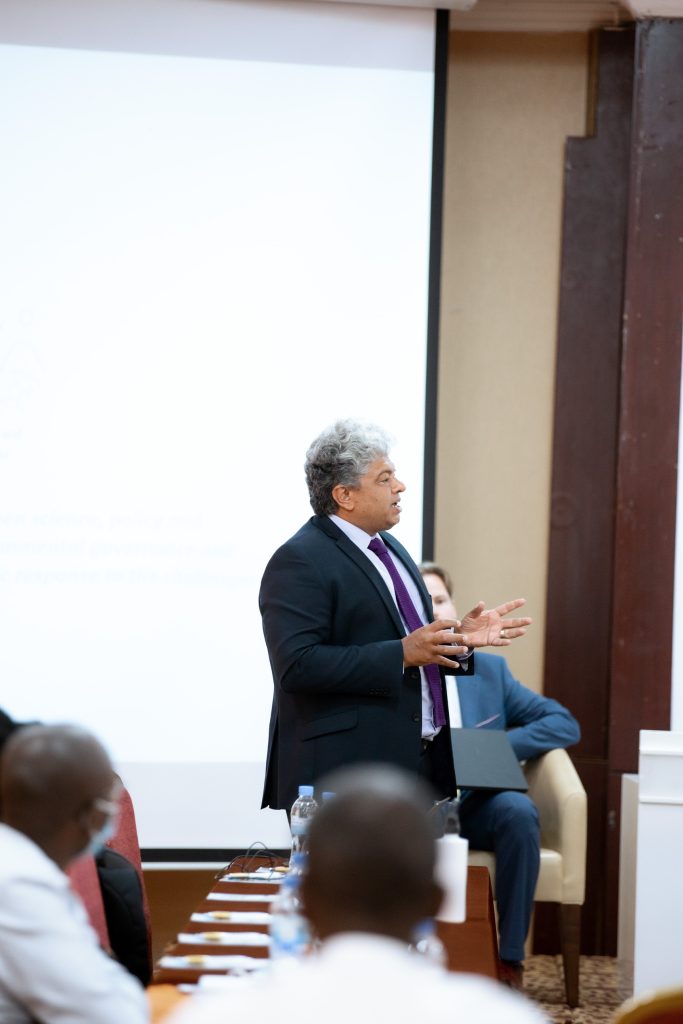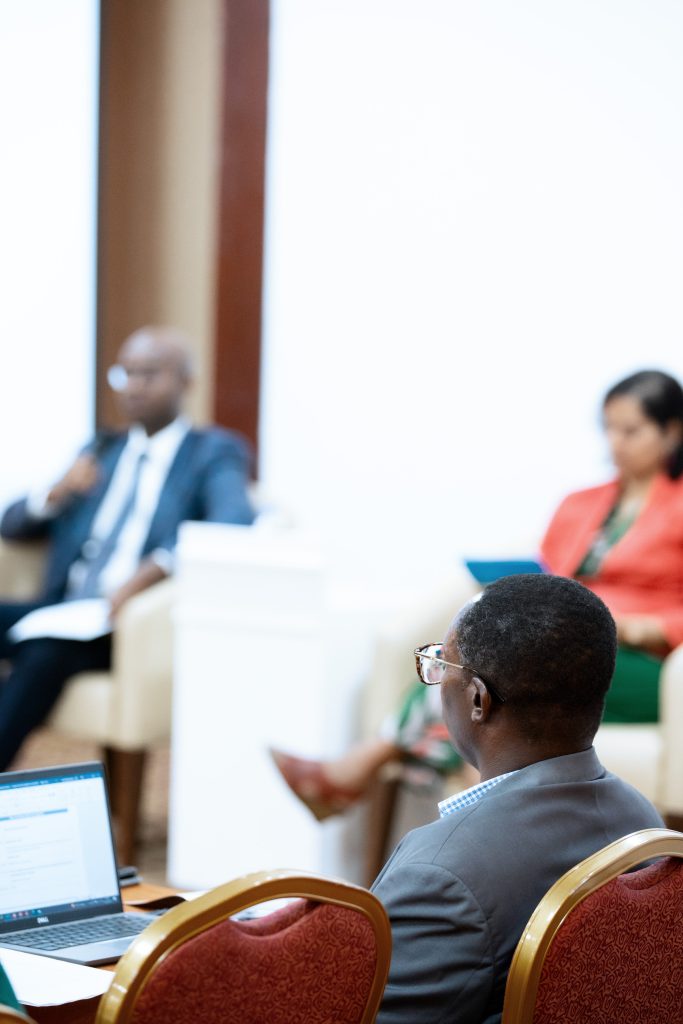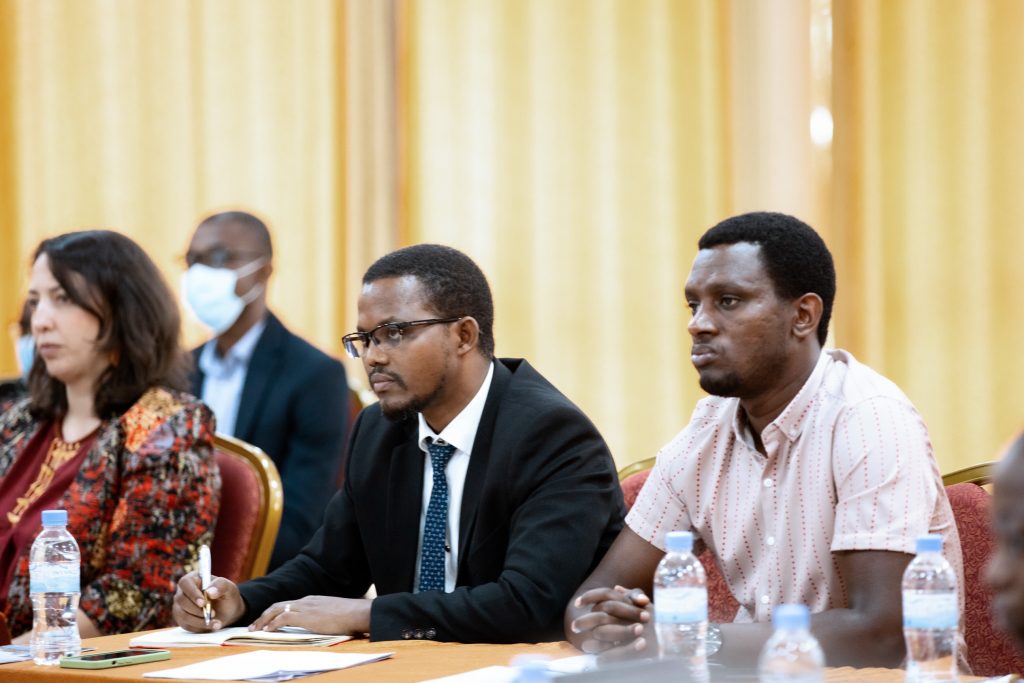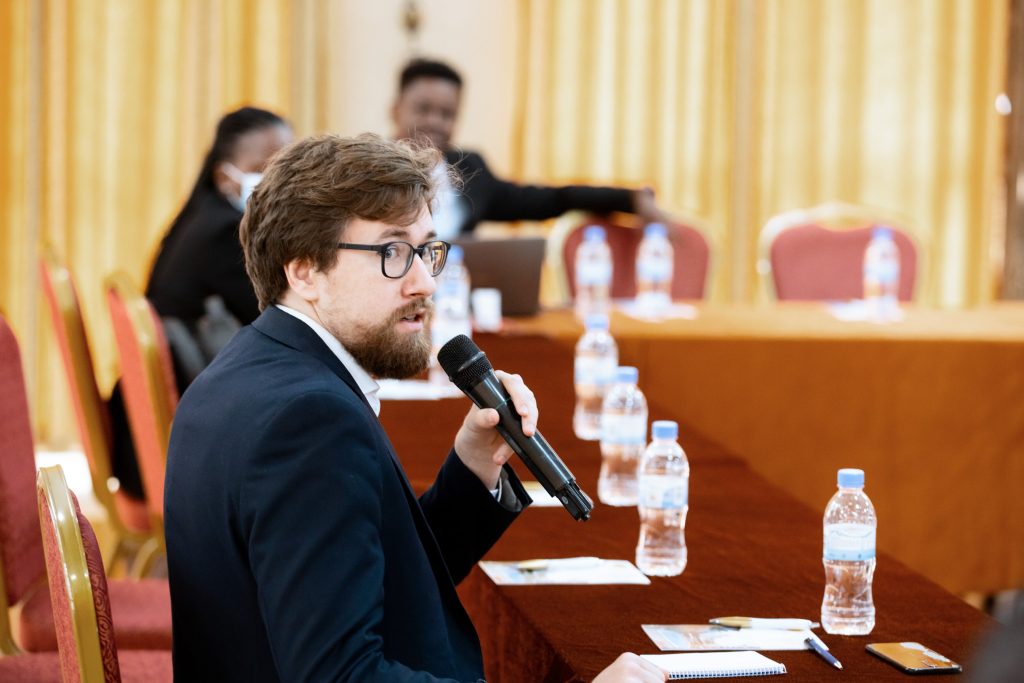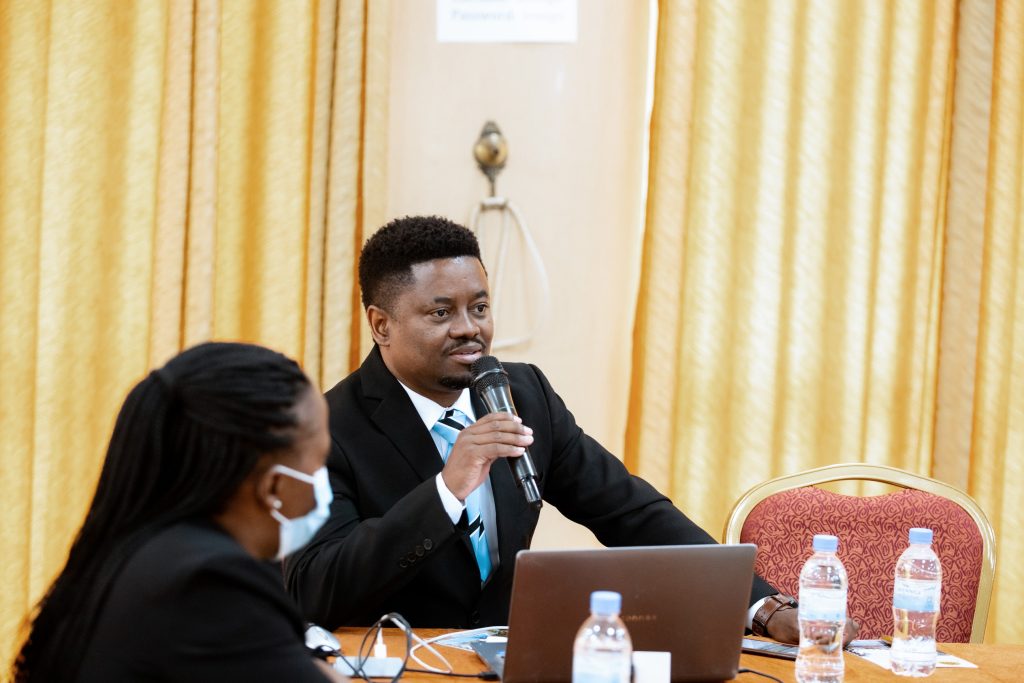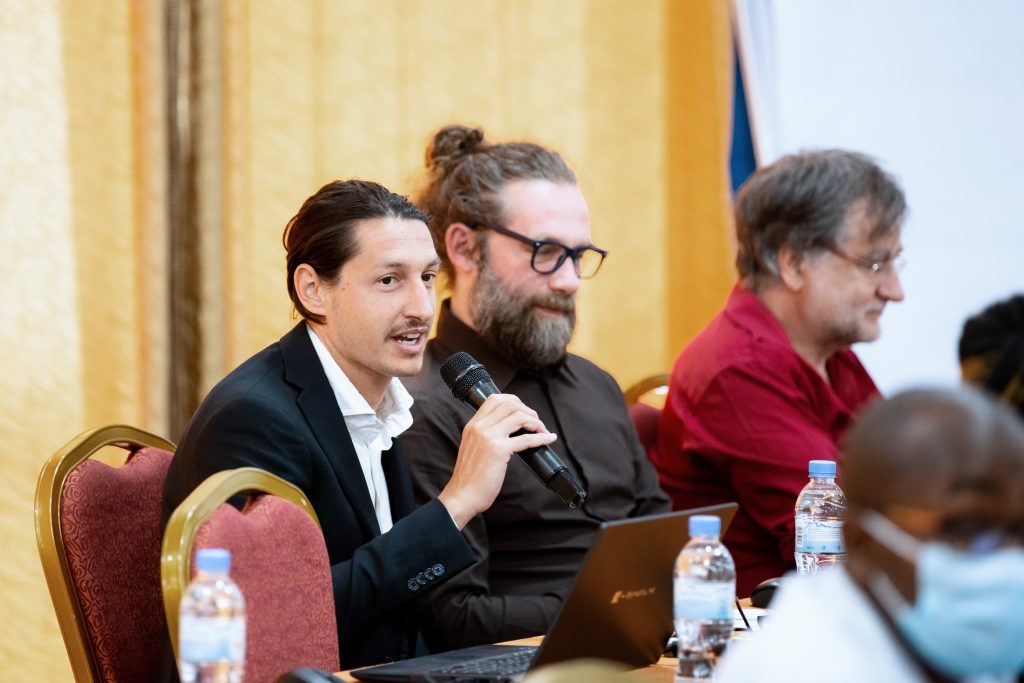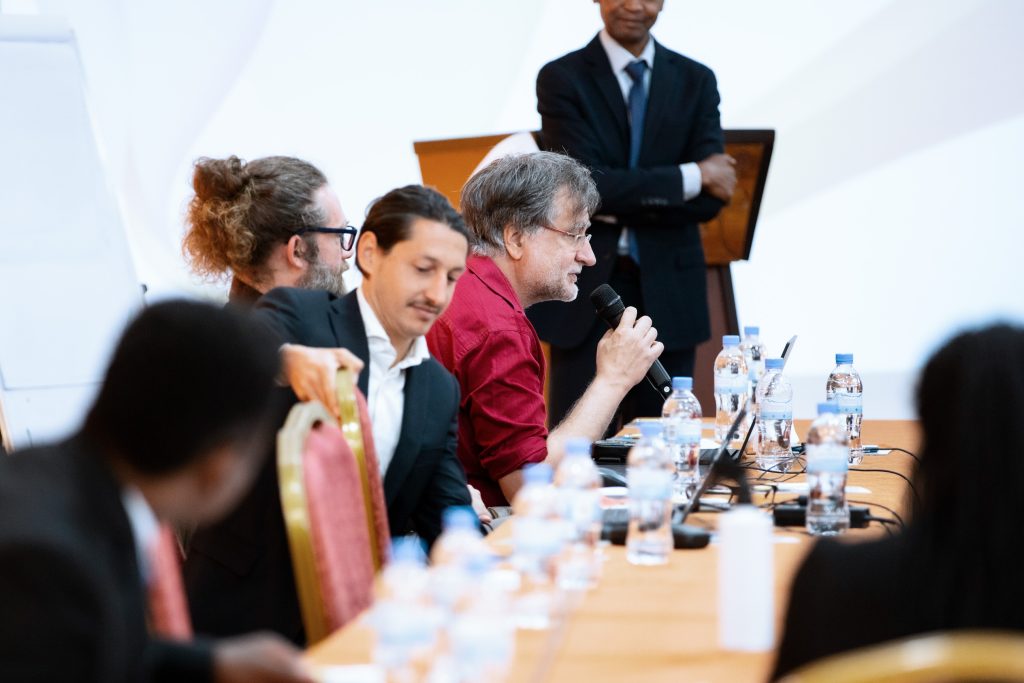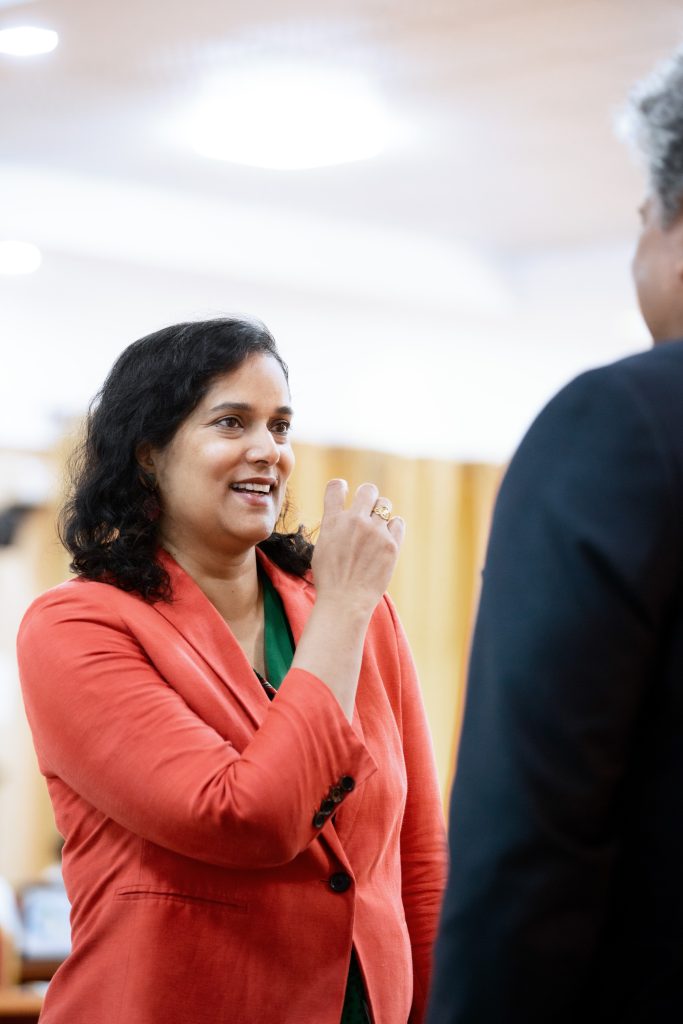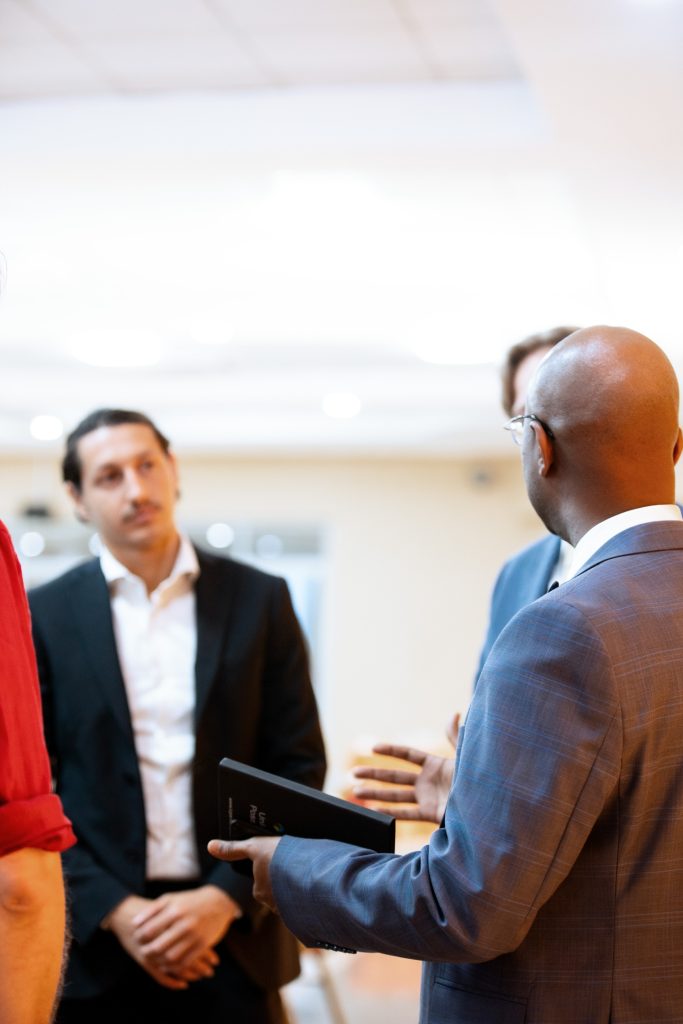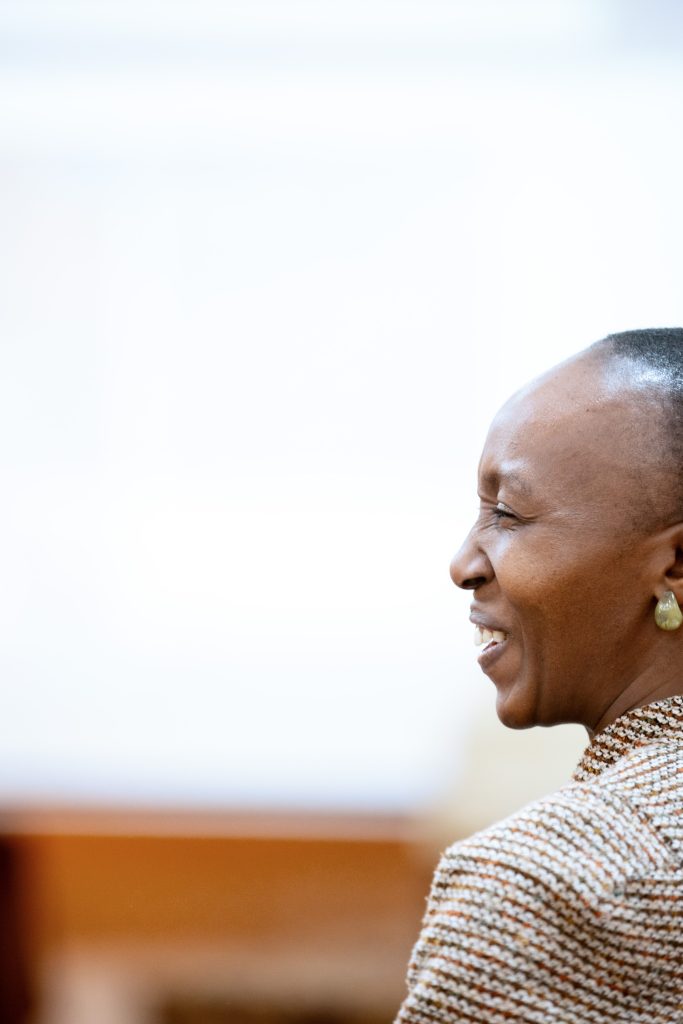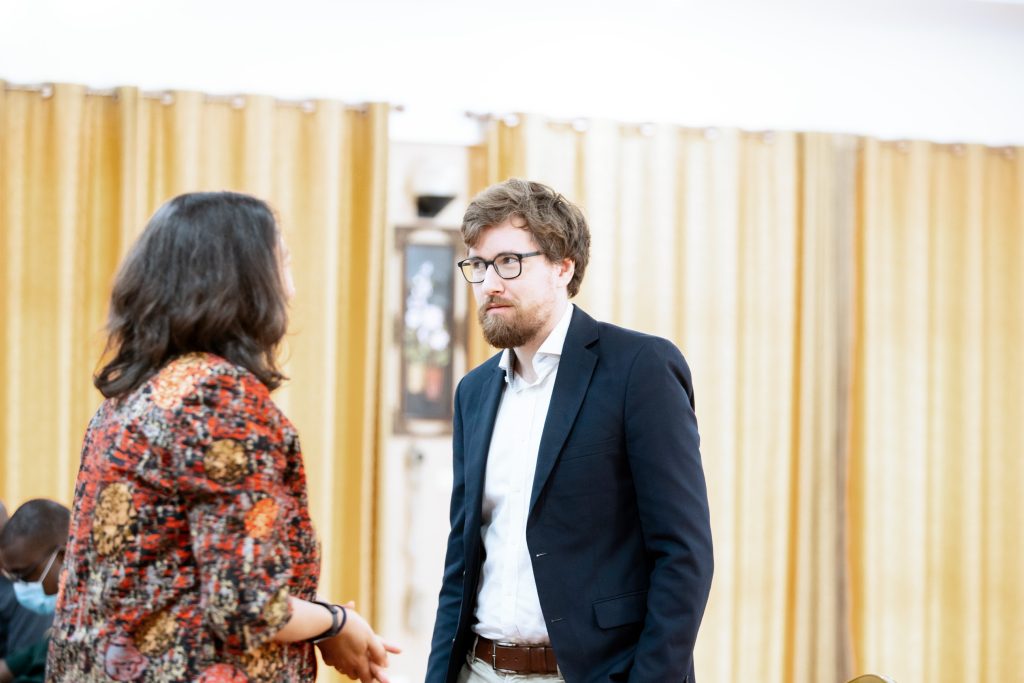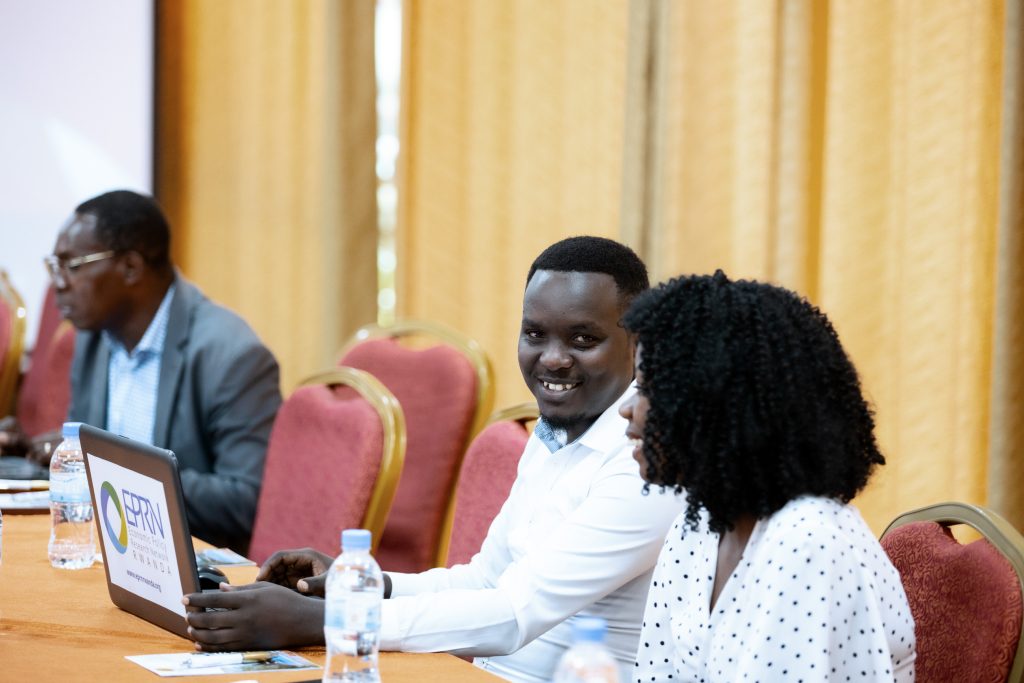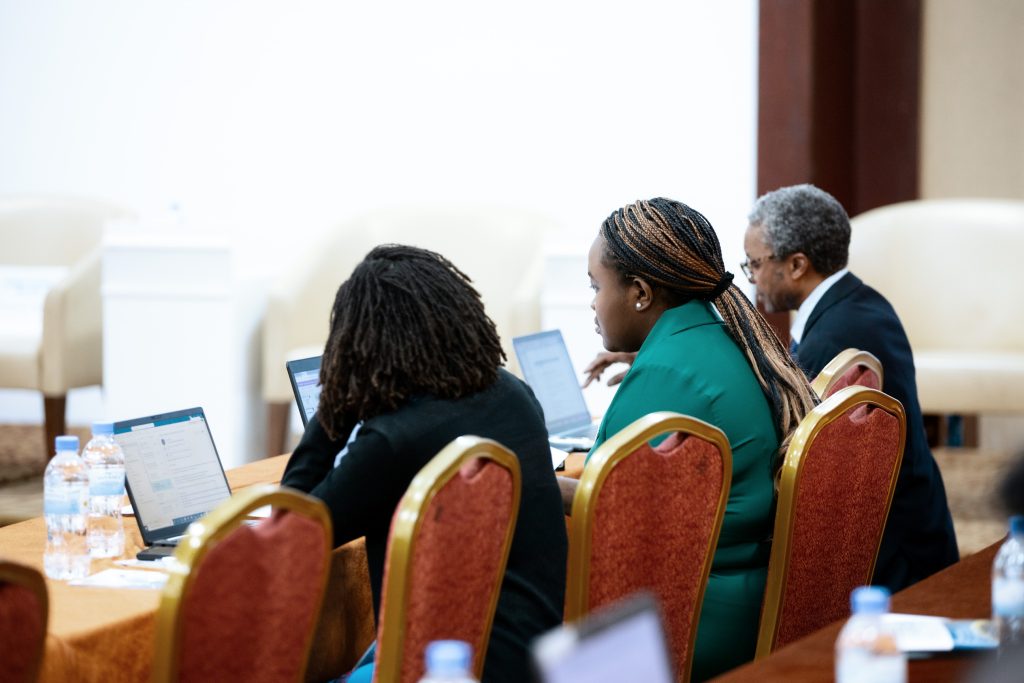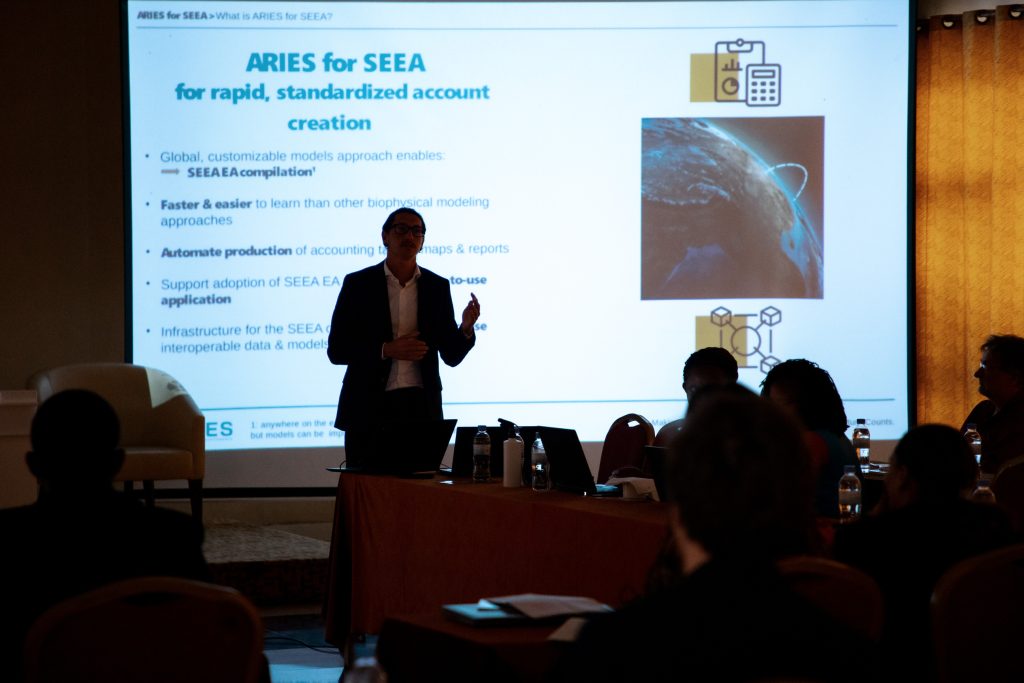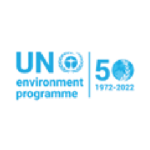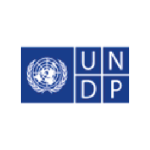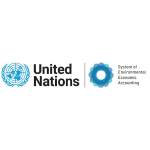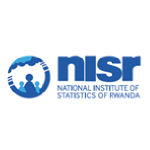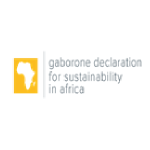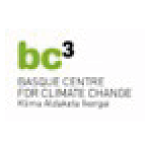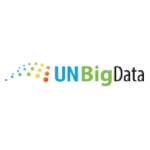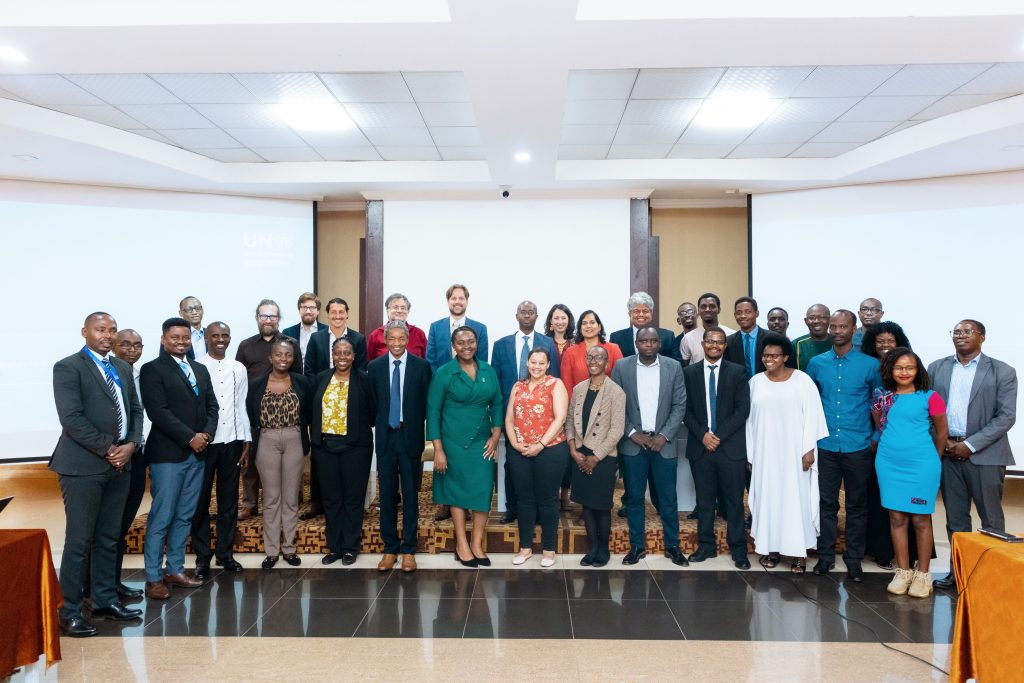
Virtual sessions: April – July 2022 In person workshop, Kigali, 18-22 July 2022
In March 2021, the System of Environmental-Economic Accounting—Ecosystem Accounting (SEEA EA) was adopted by the United Nations Statistical Commission (UNSC). Upon adoption, the Secretary-General of the United Nations, António Guterres said:
“The adoption of this economic and environmental framework is a historic step towards transforming the way how we view and value nature.”
The UN Secretary General in the recently released UN Common Agenda report urges Member States and others to begin implementation of the SEEA EA.
The SEEA EA plays an important role in measuring the environment-economy nexus thereby supporting a wide range of policy demands. These include the 2030 Agenda for Sustainable Development, the emerging monitoring framework that will accompany the Post-2020 Global Biodiversity Framework, the Paris Agreement on climate change, the UNCCD initiative on Land Degradation Neutrality, and initiatives under the UN Decade of Ecosystem Restoration.
The ARIES for SEEA Explorer application allows users anywhere in the world to produce standardized, scalable, and customizable ecosystem accounts for their area of interest that are consistent with the SEEA Ecosystem Accounting framework. The application developed by researchers at the Basque Centre for Climate Change (BC3) in Spain, can generate ecosystem accounts for any user-specified terrestrial area in the world (such as a country, administrative region, watershed, etc.), by using freely available global remote-sensing derived data and models, that can be further improved by using national data sources and models. ARIES for SEEA is available through a dedicated Sector Hub of the United Nations Global Platform (UNGP) a cloud-service platform supporting international collaboration in the development of official statistics using new data sources and innovative methods.
In order to support the uptake of SEEA EA accounts in GDSA member countries, UNEP, UNSD, UNDP, the Basque Centre for Climate Change, the GDSA Secretariat and the Regional Hub of the UN Global Platform in Rwanda are partnering with countries in a training programme for application of ARIES for SEEA in selected GDSA member countries. The objective of the training is to build capacity among country practitioners on the conceptual basis for ecosystem accounting, data and modelling requirements, and the use of ARIES for SEEA to develop accounts. Accordingly, the technical training workshop was initiated by a high-level session in which Rwandan authorities will share the status, progress and demands of natural capital accounting in their country. This was followed by a session on mainstreaming environmental economic accounting which will bring participants from the visiting countries together with representatives from Rwandan line ministries and research institutes with an interest in discussing the development of accounts and their use in policymaking.
Target participants are staff of national statistical offices, relevant line ministries and other institutions working on issues related to the environment who are responsible for the compilation and use of the accounts. Representatives from Botswana, Ghana, Kenya, Rwanda, South Africa and Uganda participated in the workshop.
As of October 2022, results of the workshop have been the following:
- Botswana will be using their local data, with an initial focus on developing forest indicators.
- Ghana has compiled carbon accounts based on their local landcover maps and emission factors, aligned with national inventory.
- Kenya plans to produce at least the Extent Accounts (Landcover and Ecosystem Type). Furthermore, there are plans to model crop provisioning and crop pollination accounts based on local inputs, and to improve on the forest condition models as well, by adjusting the ecological parameters to the Kenyan context.
- The South Africa team is now working on adapting the results of Ecosystem Extent obtained with the global model to the local data. They are also starting to model Grassland Ecosystems Condition accounts. As this work is pioneering, it will take a few months to develop and test the outcomes.
- Uganda will be using their local data to compile their Extent (Landcover and Ecosystem Type) accounts based on these inputs.
Downloads:
Rwanda workshop – Concept Note
Agenda – ARIES for SEEA – 180722
Presentation of ARIES for SEEA 18-07-2022
Salman Hussain – UNEP: Policy mainstreaming
Bram Edens – UNSD: SEEA EA Overview
Bram Edens – UNSD: International Context
Bram Edens – UNSD: Objectives of the workshop
Bram Edens – UNSD: Extent and condition
Bram Edens – UNSD: Ecosystem services
ARIES for SEEA – Spatial Analysis
Environment Statistics and SEEA Activities in Ghana
Ecosystem accounting in South Africa: Brief overview
News article on ARIES for SEEA: https://seea.un.org/news/aries-seea-rapid-generation-natural-capital-accounts
ARIES homepage: https://aries.integratedmodelling.org/
NCAVES project: https://seea.un.org/home/Natural-Capital-Accounting-Project
Policy Scenario Analysis using SEEA EA: https://seea.un.org/ecosystem-accounting/policy-scenario-analysis
SEEA homepage: https://seea.un.org/content/homepage
